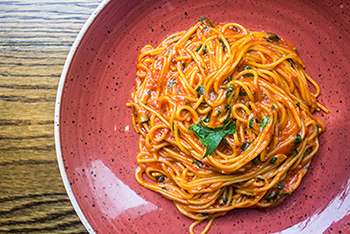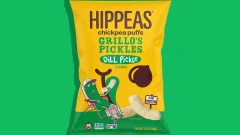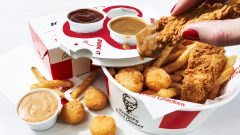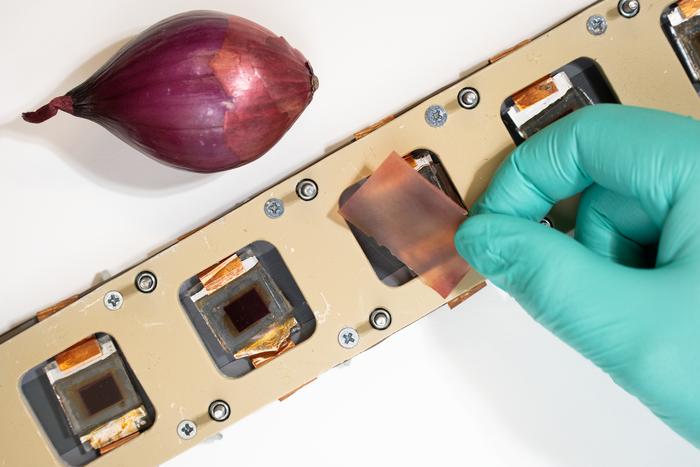Should Chefs Decline Requests to Make Modifications to Their Food?

I’m a firm believer that food is art, and chefs are artists. The chef is the one with the vision and they bring it to life, so they have the right to control how their food is served – without modifications if they so choose – regardless of dietary preference or restrictions.
After all, if you were paying a painter to commission a piece of art for your home and you were colorblind, you wouldn’t ask them to omit red and green from their creation… or would you?
There of course can be a conflict between maintaining the integrity of a dish when trying to please a customer. But do all alterations, no matter the size or degree of effort, affect a dish in a drastic way?
I ran into this very issue on a recent trip to Animal, a pretty popular restaurant here in LA. I told the server I couldn’t eat gluten or dairy, which evoked a panicked look I have become pretty accustomed to by now.
I’ve worked at a restaurant. I totally get it. I know how difficult it is to make modifications during a busy dinner service. I also understand how a chef’s signature dish might be slightly different if they prepare it in a way that adheres to my restrictions. But, I didn’t choose to be cursed with a weak digestive system. If I could smite the God that made it this way, I would.
Trust me when I say we gluten-free folk don’t get our jollies from being difficult. We just want to go to the hotspots in town and still feel like a normal human rather than a pariah who probably would have been eliminated from society if natural selection was still a thing.
After 10-15 minutes of waiting, the manager came to my table after meeting with the chef to give me a copy of their menu with notes on what dishes I could eat. Every single item was crossed off except one, because everything contained either gluten or dairy, and they had a strict no modification policy.

Either that, or the $120 bone-in ribeye with half the ingredients (listed as MP) which mysteriously was the only dish they were okay with “modifying” by omission, and also the most expensive on the menu.
It should be mentioned that I would have been able to eat one of the dishes if they just didn’t put the fried shallots on top as a garnish.
Sure, there are people who choose a particular lifestyle like gluten-free because they think it’ll make them lose weight, yet all they eat are substitution products like crackers and cookies made from rice flour, which has a higher carb content than wheat thereby negating that whole weight loss plan. People like that ruin dining for those that actually have severe intolerances or allergies.
It’s these people that are instilling doubt in servers and chefs and tainting the restaurant experience for those who have been gluten-free since before it was popular because they have to be. I’d go into detail about what happens to me when I eat gluten, but I don’t want you to barf up your lunch.
But regardless of why someone doesn’t eat something, I would think the point of opening a restaurant is so people from all dietary walks of life can enjoy your food. Of course, I’m not saying every item on the menu should be up for grabs.
It would be a straight-up crime to make a dairy-free fettuccine alfredo or a gluten-free Beef Wellington because the items in question are debatably the most important ingredients of the dish. But in the grand scheme of things, it really would not kill you to cook that chicken piccata in olive oil rather than butter, and I’ve eaten many a steak tartare without bread and enjoyed it just the same.
Part of this is the customer’s responsibility, however. I rarely go to Italian restaurants because most of the things worth eating have gluten or dairy. There’s no way in hell I’d go to Babbo and ask Mario Batali if he can make his pappardelle bolognese gluten-free, because even if his restaurant did serve gluten-free pasta, it would most likely be outsourced instead of made in-house to avoid cross contamination. So in the end it wouldn’t even be a good representation of their food anyways.
All I’m asking for is some common sense:
From the customer – It is not a badge of honor to be a difficult patron. Being high maintenance doesn’t mean you are important or distinguished. Make your server and the chef’s life as easy as possible. If you’ve never worked in the food industry before, chances are you have absolutely no idea how many steps go into making your meal. If you’re pretty sure a dish is like 50% made of stuff you can’t eat, don’t order it.
From the chef – I really do think some rationality should be taken into account in your quest to find the best way to preserve your art and get your message across. If it’s as simple as just leaving one ingredient off the plate, I feel like that is not a ludicrous request. If like 4 of the 6 ingredients are off-limits, obviously tell the customer that dish isn’t going to work out.
The dining experience should be about showcasing your skills and creating a menu that has something accessible to all excited patrons rather than just those who are blessed enough to have a stomach of steel or those willing to endure a night of pure agony.
Because after all, art is meant to be shared… and in the culinary world, tasted.






















